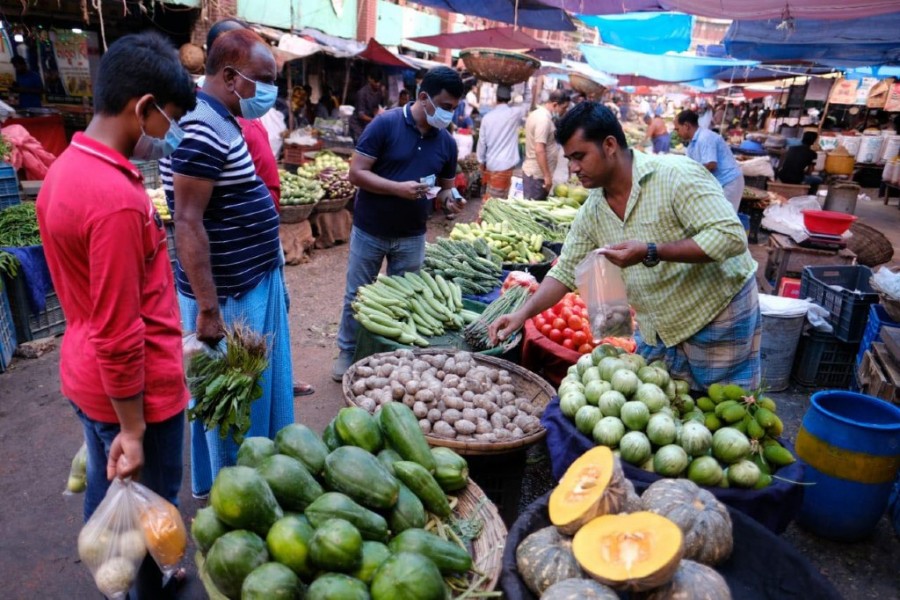This famous age-old meme is the most relatable one you would ponder over when you look at the surge of the prices - be it books, foods, gadgets or nearly everything around you these days.
With the seasonal rise in the price of daily commodities being unsurprising now, the recent price hike in oil or rice took things to a new level.
If we want to pinpoint what exactly is driving the prices up, there can be a plethora of factors and the different parties involved in this vicious cycle always has a factor to win or at least defend their stance at the eternal blame game.
Without diving into different macroeconomic factors, these last two years we have had a go-to punching bag for every problem raised - new normal. The buzzword coined with the advent of the COVID-19 creates a huge bracket within which you can stuff any situation you want, to get away with anything.
This, in addition to the age-old cliché of blaming the authorities or the government for pretty much everything, empowers the arsenal of both the sellers and the buyers.
However, with the holy month of Ramadan approaching, this is the equivalent of the batting powerplay-ish sort of time for the sellers to gain as much as possible.
The mass people can blame the businessmen, blame the government or blame whoever they want to, but that would not change the situation unless some strong measures are decided and acted upon.
Only taking a decision from the authority would not be effective since this is such a place where the convergence of planning/decisions and the implementations can be compared to the image of the sky meeting the land on the horizon, which seems perfect from a distance but never meets ultimately.
The fixing and re-fixing of bus fares and most of them not maintaining it is a prime example of that.
Even the ride-sharing apps with all of their might could not really ensure the fare as per the distance and time concept all the time. (remember the strikes?)
The hardest for us Bangladeshis during the month of Ramadan is not the fasting, but breaking the cycle of being heavily invested, to some extent emotionally, in some certain food commodities (Peyaju, Beguni and whatnot).
This is also seen in the fact that fasting is supposed to shed some weight but a large portion of us, we gain instead; irony?
Because one really does not need to understand economics to get the fact when the demand for something is high, the price rises.
Hypothetically, even if the sellers are solely to blame for everything out there, we should do our part, alter the typical pattern of our consumption.
The change might not be imminent, but it will start a snowball effect in the long run, and hopefully create a solid impact for the better.
The writer is a finance enthusiast, trying to break into the immensely interesting world of finance.
[email protected]


